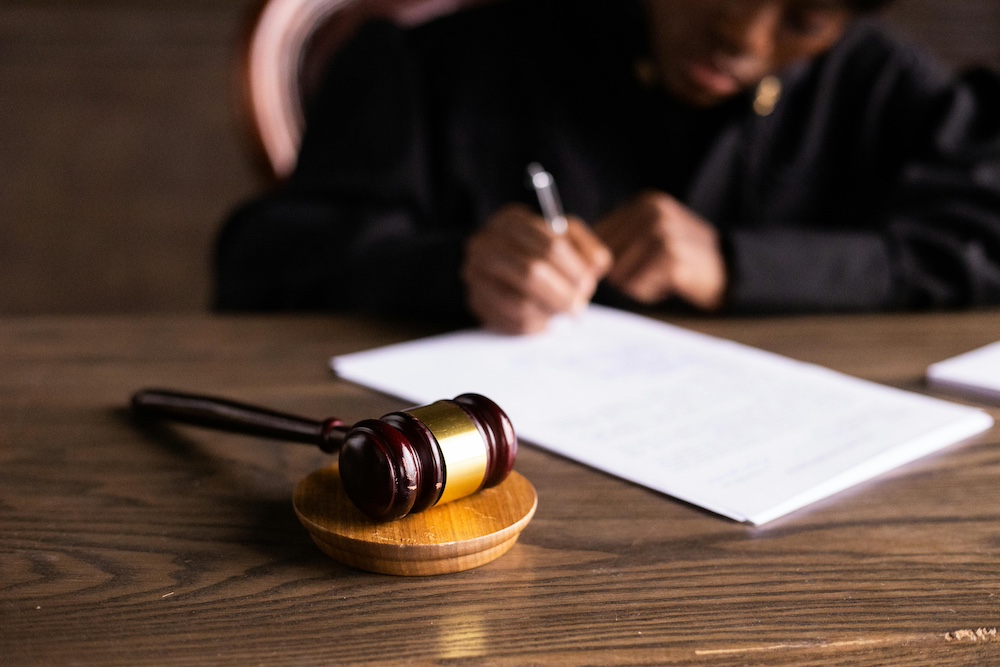Youth sexual assault charges are among the most serious allegations a young person can face in Canada. These charges not only carry the potential for significant legal consequences but also have lasting effects on a youth’s reputation, education, employment opportunities, and mental health. Because the Canadian justice system treats youth differently from adults, it is essential to understand how these cases are handled under the Youth Criminal Justice Act (YCJA), the potential outcomes, and the importance of experienced legal representation.
How Sexual Assault is Defined in Canadian Law
Under the Criminal Code of Canada, sexual assault is broadly defined as any form of sexual contact without consent. This includes unwanted touching of a sexual nature, coercion, or situations where the complainant is unable to consent due to age or other factors. Even actions that some may view as minor can fall under the definition of sexual assault if consent is absent. For youth accused of sexual assault, the stakes are high, as these offences are taken very seriously by both the courts and society.
Youth Criminal Justice Act and Sexual Assault Cases
The YCJA governs how individuals between the ages of 12 and 17 are prosecuted. While the Act emphasizes rehabilitation and reintegration for young offenders, sexual assault charges are treated with exceptional seriousness. The court must still consider alternatives to incarceration, but in cases involving violence or harm to others, stricter penalties may apply. Youth records are generally protected and sealed once the access period expires, but sexual assault convictions can have lasting implications, particularly if the youth later reoffends as an adult.
The Legal Process for Youth Sexual Assault Charges
When a youth is charged, the process usually begins with an arrest and release conditions, or detention until a bail (show cause) hearing. From there, the case proceeds through several stages:
- Disclosure: The Crown provides the defence with all evidence, including witness statements, police reports, and forensic evidence.
- Bail or Recognizance Conditions: Youth may face restrictions such as no-contact orders, curfews, or mandatory counselling.
- Pre-trial Resolution Discussions: Defence counsel may negotiate with the Crown regarding possible diversion, guilty pleas to lesser offences, or alternative measures.
- Trial: If the case goes to trial, a judge (not a jury, as youth cases are judge-alone) decides whether the charges are proven beyond a reasonable doubt.
Potential Consequences of a Conviction
If convicted of sexual assault, a youth may face a range of penalties, including:
- Custody: A youth sentence can involve time in a youth detention facility.
- Probation: The court may impose probation with strict conditions, including counselling or treatment.
- Sex Offender Registry: In some cases, a youth convicted of sexual assault may be required to register under the Sex Offender Information Registration Act (SOIRA). This can have long-term consequences even after the youth reaches adulthood.
- Impact on Records: While youth records are not permanent, access to them can last several years. A sexual assault record may limit educational opportunities, travel, and employment during that time.
Defences to Youth Sexual Assault Charges
Every case depends on its specific facts, but common defences include:
- Consent: If both parties consented and were legally capable of giving consent, this may form a defence. However, consent laws in Canada are strict, particularly regarding age of consent.
- Mistaken Belief in Consent: In limited cases, the accused may argue they honestly but mistakenly believed consent was present. This defence is complex and subject to strict limitations under the Criminal Code.
- Identity: The defence may challenge whether the accused was correctly identified as the perpetrator.
- Credibility and Reliability: Cross-examination may reveal inconsistencies in the complainant’s version of events.
The Role of Parents and Guardians
Parents and guardians play a vital role when a youth is facing sexual assault charges. They are generally required to attend court, help ensure compliance with bail conditions, and provide emotional support. They may also need to coordinate with counsellors, probation officers, or other professionals if the youth is ordered to participate in rehabilitation programs. The involvement of family can demonstrate to the court that the youth has a stable support system, which may influence sentencing decisions.
Importance of Legal Representation
Given the seriousness of youth sexual assault charges, obtaining immediate legal representation is critical. A criminal defence lawyer can challenge the Crown’s evidence, advocate for the least restrictive bail conditions, explore diversionary options, and defend the youth’s rights at trial. Legal counsel can also advise parents and guardians about their role in the process and what to expect at each stage of the proceedings.
Schedule a Free Consultation with Lichtman Law
If your child has been charged with sexual assault, the situation can feel overwhelming and frightening. These are extremely serious allegations with long-term consequences, making it vital to act quickly and seek skilled legal assistance. Contact Lichtman Law today to schedule a free consultation with an experienced criminal defence lawyer who can provide the guidance and defence your family needs.


